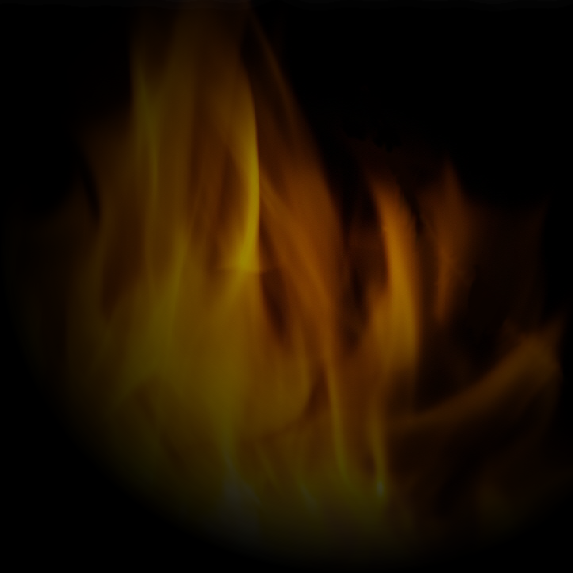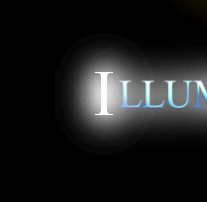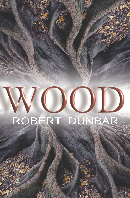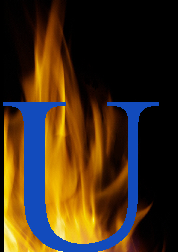





OCCUPY DARKNESS - Robert Dunbar
Do you see yourself as part of a tradition?
There exists a deep, rich tradition of dark literary writing. E. M. Forster and Ambrose Bierce, Edith Wharton and Henry James, Algernon Blackwood and Willa Cather, Franz Kafka, Yukio Mishima, D. H. Lawrence.: the list is endless, and endlessly impressive. But something happened. Somewhere along the line, hackneyed drivel of the sort popularized by Hugh Walpole became the standard, a sort of mandated mediocrity. This is a crime. A tragedy. I try to picture myself as a sort of throwback, and I see so many writers I admire in the same light. Someone needs to carry the torch … before it goes out.
Seen in that context, what do you believe is the chief significance of your own work?
Most of the classics of the genre only hint at sexual subtext. Okay, so maybe there’s a broad hint here and there … in works like Carmilla or The Picture of Dorian Gray. But even Wilde didn’t dare speak out. (Never forget he wound up in prison.) We all had to read between the lines, and for some of us this constituted a survival skill. How many contemporary authors bring a radical passion to their underclass characters? How many appreciate real writing, rife with illuminating language and shocking themes (as opposed to that which merely manipulates and reassures)? I respect my readers, and I think they grasp what I’m struggling to achieve. As to whether I succeed or not … well, that’s not up to me to decide. Mercifully.
Do you see yourself as part of a tradition?
There exists a deep, rich tradition of dark literary writing. E. M. Forster and Ambrose Bierce, Edith Wharton and Henry James, Algernon Blackwood and Willa Cather, Franz Kafka, Yukio Mishima, D. H. Lawrence.: the list is endless, and endlessly impressive. But something happened. Somewhere along the line, hackneyed drivel of the sort popularized by Hugh Walpole became the standard, a sort of mandated mediocrity. This is a crime. A tragedy. I try to picture myself as a sort of throwback, and I see so many writers I admire in the same light. Someone needs to carry the torch … before it goes out.
Seen in that context, what do you believe is the chief significance of your own work?
Most of the classics of the genre only hint at sexual subtext. Okay, so maybe there’s a broad hint here and there … in works like Carmilla or The Picture of Dorian Gray. But even Wilde didn’t dare speak out. (Never forget he wound up in prison.) We all had to read between the lines, and for some of us this constituted a survival skill. How many contemporary authors bring a radical passion to their underclass characters? How many appreciate real writing, rife with illuminating language and shocking themes (as opposed to that which merely manipulates and reassures)? I respect my readers, and I think they grasp what I’m struggling to achieve. As to whether I succeed or not … well, that’s not up to me to decide. Mercifully.


